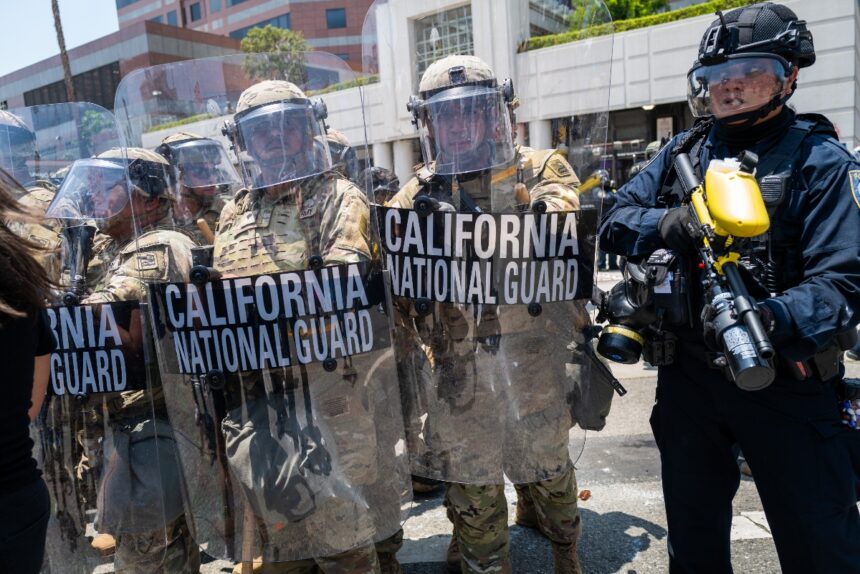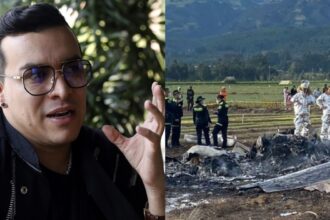In a significant shift in its homeland security strategy, President Donald Trump’s administration ordered the withdrawal of 2,000 National Guard troops deployed in California.
This action represents a retreat from the militarized response to the growing protests over immigration raids and mass detentions in that state.
National Guard Retreat in California
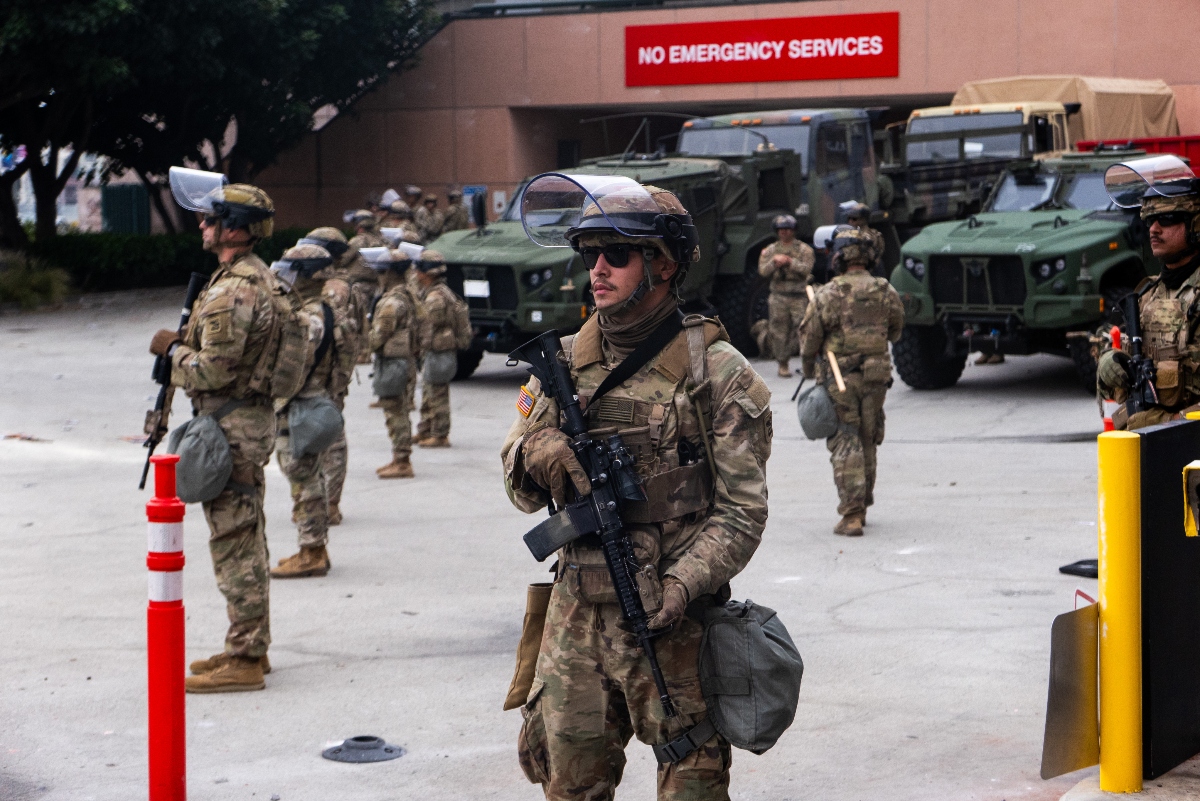
The decision was announced by the Pentagon’s chief spokesman, Sean Parnell, through an official statement issued on July 15.
As he explained, troops belonging to the 79th Infantry Brigade Combat Team (79th IBCT) of the California National Guard will be immediately demobilized from their duties under the federal protection mission.
“Thanks to our troops who responded to the call, the disorderly situation in Los Angeles is diminishing.
“For that reason, the Secretary has ordered the withdrawal of 2,000 California National Guard members,” Parnell noted.
Context: weeks of tension and militarization
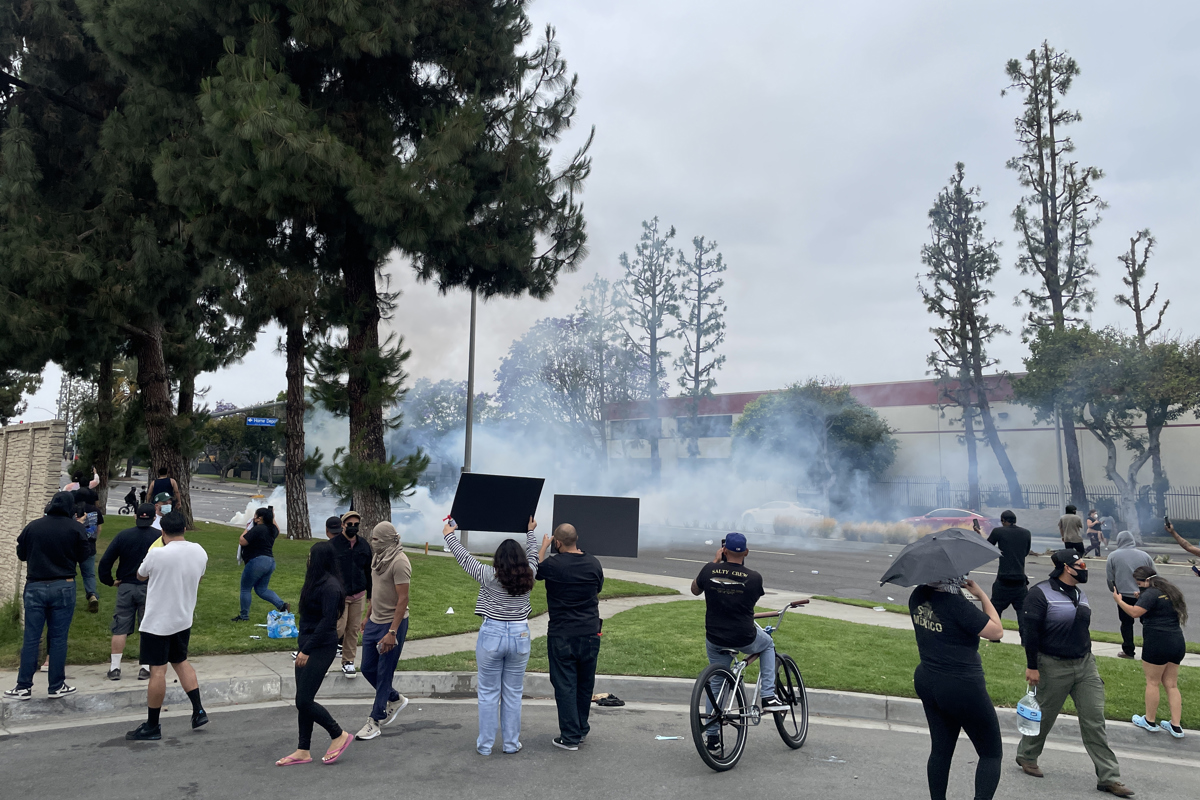
The original deployment of the National Guard took place weeks ago, after multiple California cities, especially in the southern part of the state, were the scene of massive protests against the current federal government’s immigration policy.
Demonstrations in front of detention centers, blockades at ICE offices and marches in Latino neighborhoods had generated tension between authorities and the immigrant community.
In some areas of Los Angeles, deployments included armored vehicles, police checkpoints and military presence near neighborhoods such as Boyle Heights and Pacoima, where a large Hispanic population resides.
Civil rights groups denounced the militarization as directly affecting undocumented residents and their families.
Raids and community impact
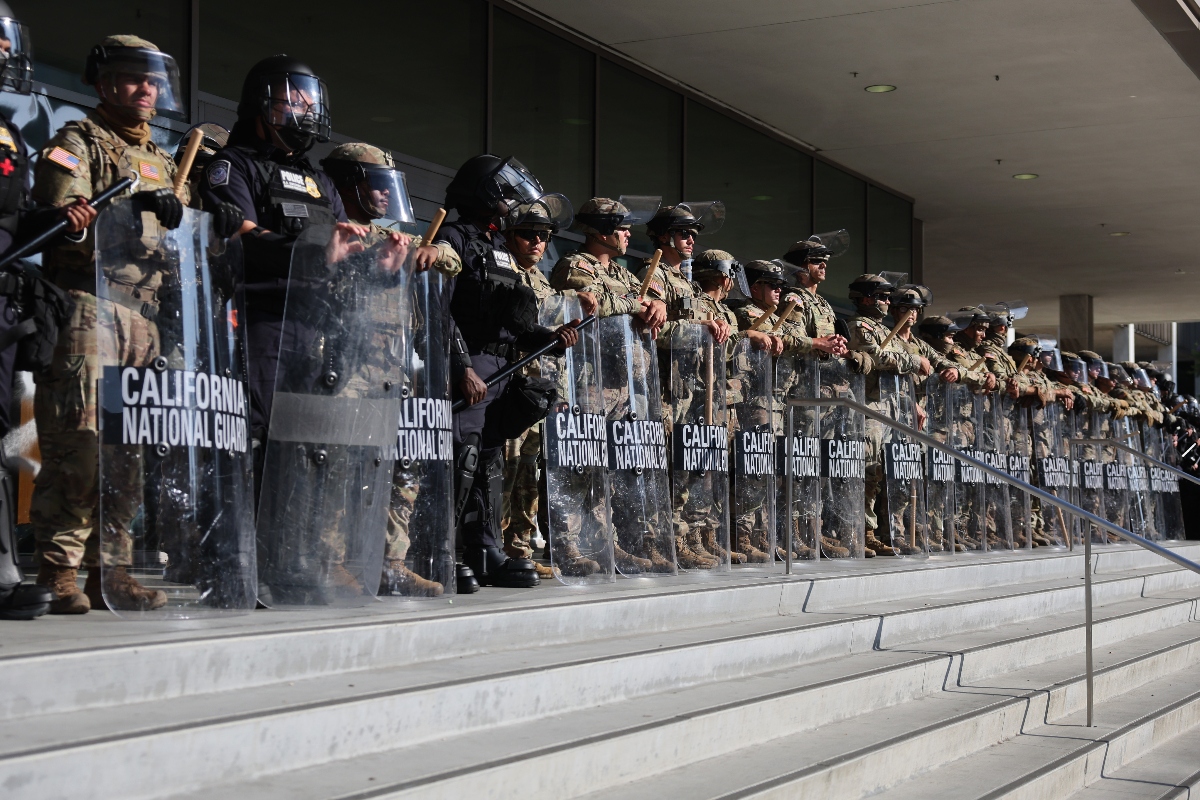
The troop withdrawal comes just as criticism of immigration raids in workplaces and communities intensified.
This especially after the implementation of policies such as the elimination of bond hearings for detained immigrants and the expansion of mega detention centers such as “Alligator Alcatraz” in Florida.
Although the federal government attributes the decline in protests to the “effective security presence,” immigrant advocates insist that community mobilization, legal pressure and media visibility forced this retreat.
What does it mean for migrants in California?
Although the withdrawal of the National Guard represents a de-escalation of the military component, ICE raids and operations continue to be active, especially in areas with a strong migrant presence.
Lawyers and community leaders recommend staying informed, not opening the door to agents without a warrant, and having a family plan for possible arrests.
The withdrawal of troops could reduce tension in the most affected neighborhoods, but federal surveillance of the undocumented population remains in place under the current administration.
Thanks to our troops who responded to the call, the lawlessness in Los Angeles is easing
Sean Parnell, Pentagon's chief spokesman





